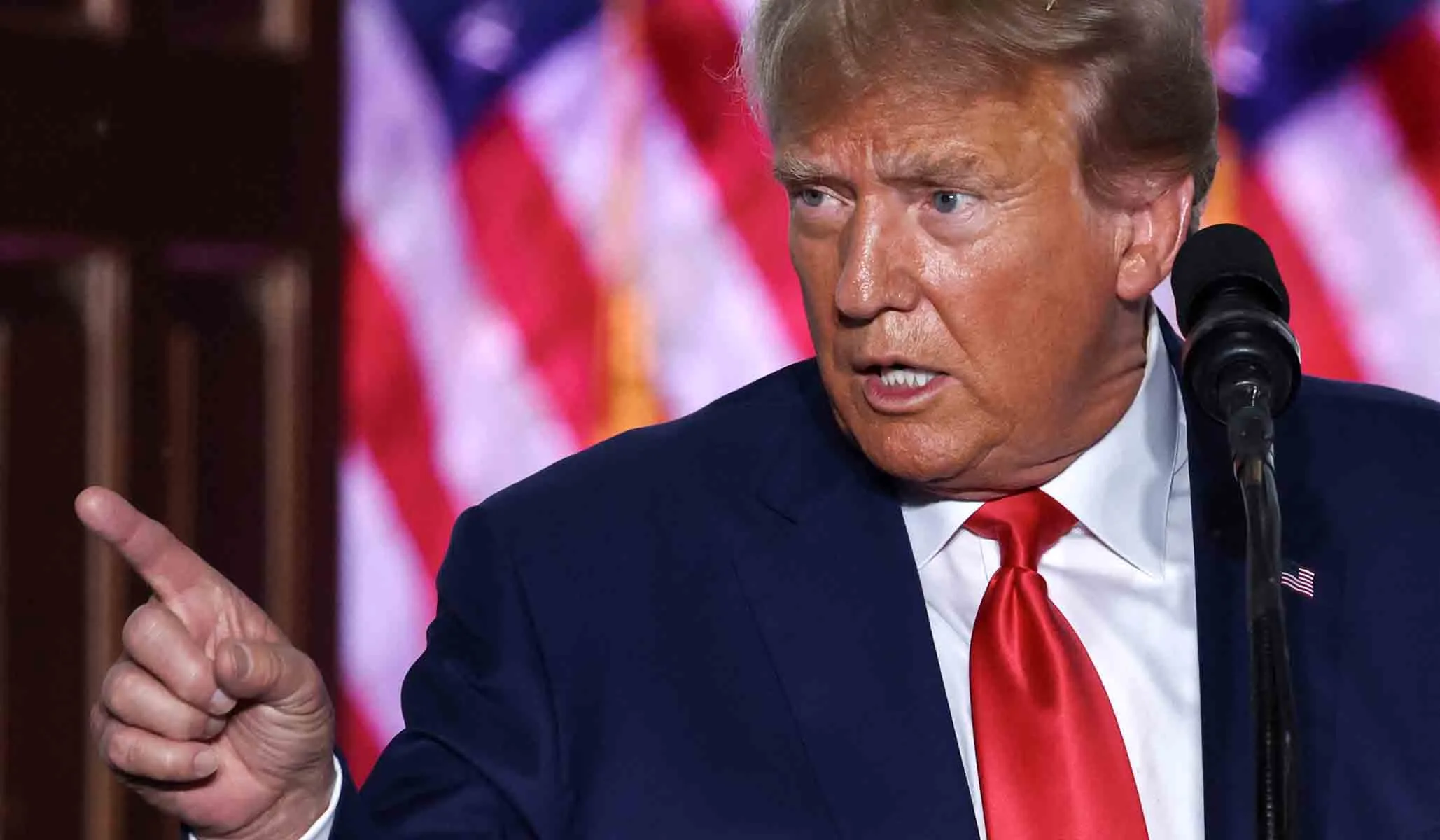As an advanced language model, I have rewritten the article below to improve its flow and structure while adhering to AP style guidelines:
As a mere dilettante of the 2D game, I wonder if the nation’s many multidimensional-chess players can enlighten me on which variant of strategic dexterity this bewildering little incident represents. Some of Mr. Trump’s advisers have been urging him for months to return the documents, while other allies, including Tom Fitton of Judicial Watch, have been telling him that he is entitled to keep them and should never have been pushed to return them.
To some, Trump’s actions are transparently stupid. They ask, “What is the difference between what Donald Trump did and what Hillary Clinton did?” The answer is that unlike Trump, Clinton is actually good at being villainous. When the feds were onto her, she lawyered up, feigned ignorance, and destroyed evidence. At home, she likely cackled herself to sleep each night. But when the tapes were whirring away, she was disciplined enough to get away with it.
For eight long years, the defense of Donald Trump has been that he has the courage and capacity to “fight.” Washington, D.C. is a “swamp,” a “sewer,” a breeding ground for out-of-touch hypocrites, and Trump is the worst nightmare of those hypocrites. Only he can effect substantial change. Only he can take on the entrenched special interests. Only he can survive the gauntlet of the elites.
The most devastating sections within the latest indictment of Donald Trump are the ones that star the man in his own words. In the transcripts of the indictment, he explains how he knocked over all those houses. Not only does Trump explain that he did it, he establishes that the defense on which his champions have relied, that he had secretly declassified every document he kept, was untrue.
Effective political reformers are deft, intentional, and covered in well-tailored armor. Trump is a klutz, a narcissist, a bumbler. He’s a manatee in a jacuzzi, making mess after mess while insisting to the world that he’s a mermaid. With the exception of belligerence, Trump lacks all of the characteristics necessary to rein in the bureaucracy.
A president who can accomplish this will be one who understands that serious obstacles must be eliminated from within rather than without, is prepared to utilize the existing levers of power against those who installed them, can distinguish between good and bad advice, is capable of evaluating which risks are worth taking and which are not, and grasps instinctively that if he is to avoid the worst consequences of having a giant target painted on his back, he must appear cleaner than clean. Entrenched institutions will invariably fight back against those who wish to renovate them, and they will invariably do so in unfair or inconsistent ways.
Donald Trump cannot survive his attempts at reform. Worse still, he does not want to survive them. Trump’s choices made it easier for the infuriating difference in the justice system’s treatment of Hillary Clinton and Donald Trump to be observed. He did not need to take classified documents and store them in his home, reject the DOJ’s overtures and refuse to return those documents, be caught on tape admitting that he was breaking the law, or ignore the advice of his lawyers in favor of the bad counsel offered up by the head of Judicial Watch.
It has become popular to argue that it does not matter how a Republican politician behaves because, irrespective of who he is, he is destined to be treated in exactly the same way by the press, by the Democratic Party, and by the permanent bureaucracy with which both are now so closely entwined. Every Republican is deemed corrupt, selfish, a wannabe dictator. Not every Republican is caught standing over the body saying “bang.” GOP primary voters can have reform of the bureaucracy or Donald Trump’s endless sh**show. If they try to have both, they will get neither – and they’ll deserve it.

